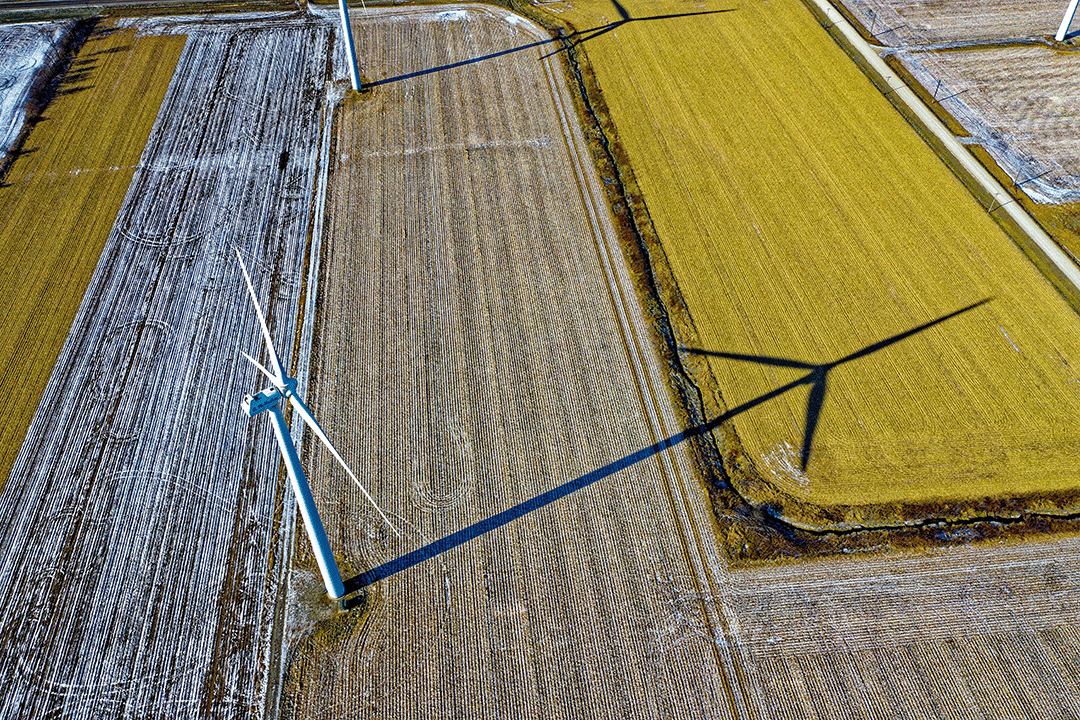Agriculture is the foundation of our global food supply, and with rising population and climate change issues, sustainable farming practices are more important than ever. Enter eSIM technology, a breakthrough that has the potential to alter agriculture by increasing efficiency and allowing for more sustainable and environmentally friendly practices. In this article, we'll look at the potential of eSIM in agriculture.
November 17, 2023
5 minutes read
eSIM and Sustainable Agriculture: Enhancing Efficiency in Farming Practices

The Challenges of Modern Agriculture
Modern agriculture is faced with a multitude of challenges, including the need to feed a growing population, address climate change, conserve natural resources, and ensure food security. Achieving sustainability in agriculture is not only a moral imperative but also a necessity for our planet's future. Global eSIM technology can play a pivotal role in addressing these challenges.
Precision Agriculture with eSIM
- Real-time Data Collection: Internet eSIM-enabled devices can collect and transmit real-time data on various aspects of farming, including soil moisture, weather conditions, crop health, and equipment status. This data is invaluable for making informed decisions about planting, irrigation, and harvesting.
- Remote Monitoring: Farmers can remotely monitor and control their farming operations through eSIM-equipped sensors and machines. Whether it's adjusting irrigation systems, managing livestock, or supervising machinery, eSIMs provide farmers with the flexibility to operate efficiently from anywhere.
- Improved Crop Management: With access to precise data, farmers can fine-tune their crop management practices. For instance, they can optimise the use of fertilisers and pesticides, reducing waste and minimising the environmental impact.
- Resource Conservation: Unlimited eSIM technology allows for more efficient resource use. It aids in conserving water through smart irrigation systems that adjust based on real-time weather conditions, reducing water wastage.
- Reduced Carbon Footprint: The ability to remotely monitor and control farming equipment means fewer unnecessary trips to the field, resulting in lower fuel consumption and reduced greenhouse gas emissions.
eSIM-Enabled Smart Farming in Action
- Imagine a smart farm equipped with eSIM-enabled sensors, drones, and automated machinery. These devices work together to monitor and manage various aspects of the farm.
- Precision Irrigation: Soil moisture sensors connected through eSIM technology collect data on moisture levels across the farm. Automated irrigation systems receive this data and adjust water flow, ensuring each area receives the precise amount of water it needs.
- Crop Health Monitoring: Drones equipped with eSIMs fly over the fields, capturing high-resolution images and infrared data. These images reveal the health of the crops, allowing farmers to detect signs of disease or stress early and take targeted action.
- Remote Equipment Control: Through a smartphone or computer, the farmer can remotely operate tractors, ploughs, and other machinery using internet eSIM-enabled control systems. This reduces the need for constant on-site supervision, saving time and fuel.
- Data-Driven Decision-Making: All the data collected from these eSIM-connected devices is analysed using advanced software. The farmer can access insights that help make decisions about planting, harvesting, and resource allocation, all of which contribute to higher yields and resource conservation.
The Road to Sustainable Agriculture
eSIM technology is ushering in a new era of sustainable agriculture. By providing real-time data, enabling remote control, and optimising resource usage, eSIMs empower farmers to implement precision farming practices that are environmentally responsible and economically viable.
As agriculture continues to evolve, the integration of worldwide eSIM technology offers a promising path toward achieving global sustainability goals. It not only increases productivity and reduces waste but also contributes to the well-being of our planet by promoting sustainable farming practices. The future of agriculture is undoubtedly digital, data-driven, and sustainable, thanks to eSIM technology.
Try Telesim today
Download our app and get access to over 130 eSIMs plans at the most affordable, local rates from around the world.